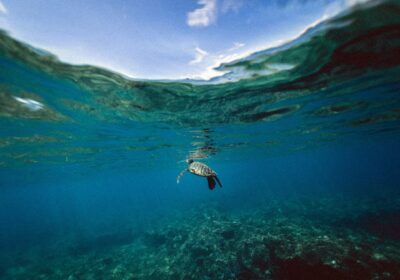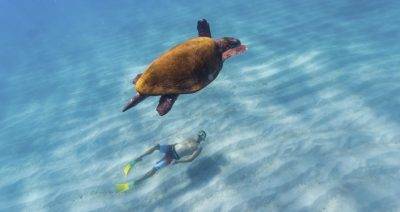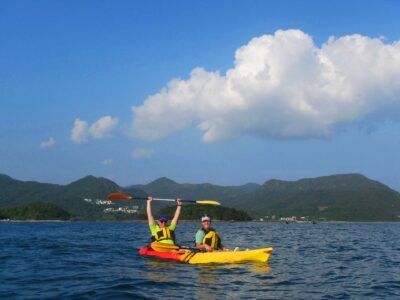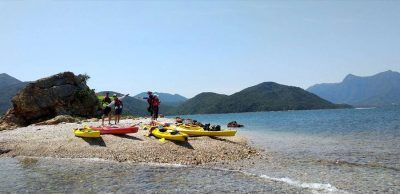Salt-Based Technologies to Help Stop the Spread of the Coronavirus
Salt is a natural substance that inhibits the growth of bacteria — partly through dehydration, and also by upsetting the enzyme activity of microorganisms, damaging their DNA. Salt is essential to human and animal life, and has a long history of use in food preservation and flavouring, in pharmaceuticals, in-home remedies (for example, as a mouthwash and wound cleanser), and in agriculture and industrial products.
The theory behind salt’s potential ability to inhibit severe acute respiratory syndrome coronavirus 2 (SARS-CoV-2) is that when droplets containing virus particles come into contact with a salt-coated surface, the water in the droplets dissolves some of the salt.
When the water evaporates, the salt recrystallizes and the jagged salt crystals pierce the virus membrane and kill it. This method has been tested against influenza viruses and bacteria.
The marine environment is a salt heavy (safe) environment.
When sea kayaking we are constant contact with salt. It is in the atmosphere around us, it is on all the surfaces of the kayaks, our clothes, our gear.
Salt is pervasive, destroying our phones, our clothes and most importantly the viruses and bacteria that wish to harm us.
BRING ON THE SALT!
Salt-Based Technologies to Help Stop the Spread of the Coronavirus
cadth.ca/salt-based-technologies-help-stop-spread-coronavirus







